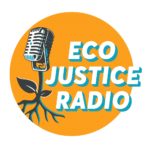

Subscribe to EcoJustice Radio:
Connecting With and Protecting The Wild California Chaparral
Rick Halsey champions California’s most distinctive wildland, the Chaparral. This ecosystem is prevalent all throughout the state. If you have lived, camped, hiked, just been out in nature in California then you have seen it. It is found in the coastal foothills and interior mountains. It is considered a global biodiversity hotspot because of a wide array of plant and animal life found nowhere else on Earth.
But these rugged woody shrublands are undervalued and underappreciated, and repeated and ongoing attempts have been made to eradicate chaparral from the landscape. Why? Some believe it not aesthetically pleasing, others fear it as fuel for fires, both misnomers that our guest proves wrong.
STORY: No More Joshua Trees? Climate Change in the Desert
California’s most distinctive wildland hosts an array of plant and animal life found nowhere else on Earth.
Repeated attempts have been made to eradicate chaparral from the landscape.
With @chaparralian we talk all things wild California 3PM @KPFK orhttps://t.co/dqLgW5tJKI pic.twitter.com/HtICJIVe7O
— EcoJusticeRadio (@EcoJusticeRadio) August 6, 2021
For decades, science focused on transforming chaparral to grasslands more useful for livestock grazing. Today, public under-appreciation of chaparral continues, made worse by the unfortunate construction of poorly planned housing developments in landscapes adapted to drought and fire, but not to flammable houses and flame-sparking people and power lines.
On this episode, we want to consider how people can foster deeper connections with the wild nature, including a greater appreciation of the chaparral and its biodiversity. We focus on how public education around these mountain shrublands and the bountiful wildlife that calls it home, can lead to minimizing wildfire dangers, and protecting and restoring this important native habitat.
STORY: Ecological Amnesia: Life Without Wild Things
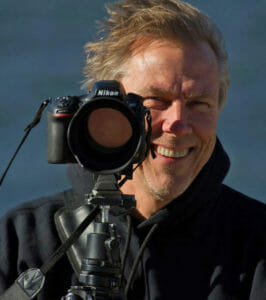
Podcast Website: http://ecojusticeradio.org/
Podcast Blog: https://wilderutopia.com/category/ecojustice-radio/
Support the Podcast: https://socal350.org/contribute-to-socal-350-climate-action/
Executive Producer: Jack Eidt
Interview by Carry Kim
Intro by Jessica Aldridge
Engineer: Blake Lampkin
Show Created by Mark and JP Morris
Music: Javier Kadry
Episode 109
Image: California Chaparral Institute
Update 11 January 2025

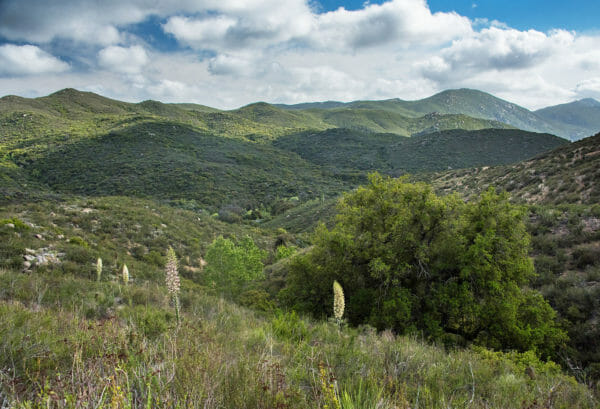




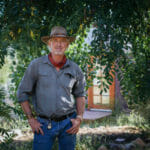

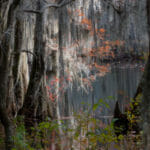
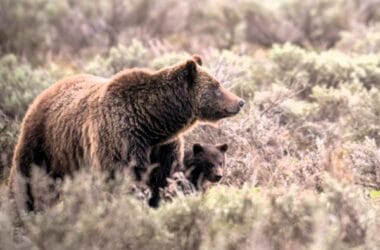
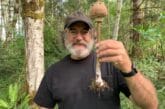
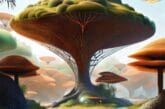



Pingback: No More Joshua Trees? Climate Change in the Desert
Pingback: Climate Change in the Desert with Ecologist James Cornett
Pingback: Retrofitting My Home for Wildfire - Pt I - WilderUtopia
Pingback: Rising from the Ashes: Wildfire Resilience for Los Angeles - WilderUtopia